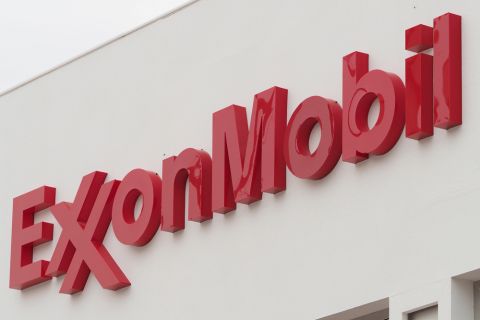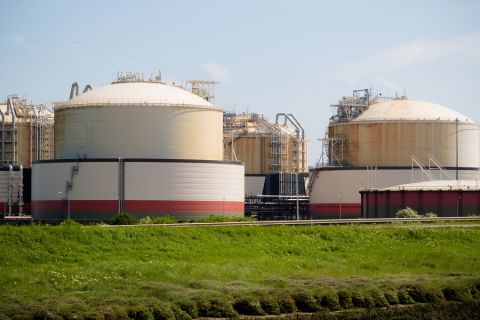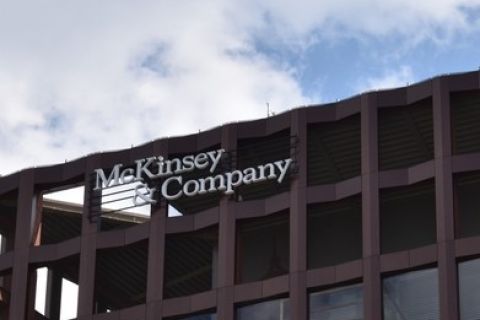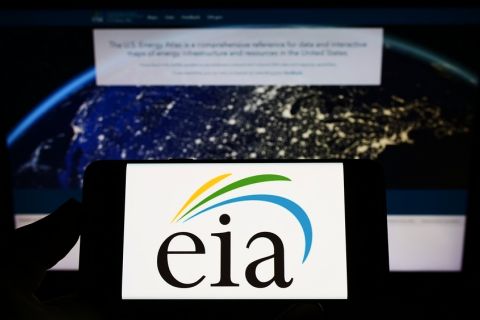No question, oil and gas exploration and production is heavy industry. When a company drills and produces wells in an area, that activity impacts local residents in myriad ways, sometimes for decades. Mitchell Energy & Development Corp., based in The Woodlands, Texas, has been an integral part of the fabric of North Texas life since the early 1950s. The firm, which was merged into Devon Energy in January 2002, has developed a proactive community outreach program. Post-merger, Devon plans to enhance and expand this ongoing effort. "For years, we were happy to run a good business and remain a quiet neighbor," says Brian Engel, formerly director of public affairs for Mitchell and now a Devon manager. That view changed for Mitchell in the mid-1990s, when it was targeted by several lawsuits claiming water-well contamination from its oil and gas operations. Although the courts found Mitchell blameless in the water-well cases, the firm decided that a higher public profile and a strong education program would help prevent future issues from blossoming into tangled problems. Mitchell embarked on a strategy of sincere, honest and frequent communication with the communities in which it worked. It wanted residents to know that it valued safety, protection of the environment, and company integrity. Personalizing the company was vital to this effort. Mitchell appointed ambassadors, regular employees who lived in the various communities. These folks were charged with developing relationships with local officials and residents, and representing the company at meetings. Initially, ambassadors were assigned to the most active areas. Today, Devon has 45 such ambassadors throughout Texas. "We pick ambassadors that meet people well and that can speak knowledgeably about our operations, and we ask them to develop relationships with all the people that need to know about what we are doing," says Engel. The representatives also visit with people who are disgruntled or who have questions, often going to their homes and talking over their concerns. The company adds legitimacy to the positions by featuring the ambassadors in print and radio ads. The publicity shows the community that these are important people, and gives the public direct contacts within the company. Another facet of the outreach effort is Wise Eyes, a neighborhood watch-style program. It originated in Wise County, and now has spread throughout the Brazos Valley of central Texas. Quite a number of company employees spend their workdays in the field, and the county sheriff departments train them to recognize suspicious activity. If an employee sees something that merits attention, he or she alerts the company dispatcher, who then contacts the sheriff. The focus on community education also reaches into the schools. Mitchell put together a five-day course on the industry that is now part of the school curriculum in Wise County. Company geologists and engineers visit classrooms, incorporating math and science into the teaching materials. The course culminates in a field trip for the students. Additionally, the company emphasizes its relationships with sheriff, police and fire departments, and hospitals. "We dedicate 80% of our charitable contributions to emergency-response organizations. In the local areas where we operate, that's an excellent use of our funds." As is the case throughout the industry, people in North Texas may have issues that money or tangible benefits cannot resolve. "We take every opportunity to educate people about the industry, our business and our role in the community, and we try to initiate discussion of controversial issues." Indeed, the company goes out of its way to find opportunities to be the go-to for the media. When it has a problem-which happens in any kind of industrial activity-it communicates first. "We bring the problem to the attention of the officials and media. We believe that our pre-existing relationships will ensure a better outcome, and that the community will return our support in times of crises." A successful outreach program builds up a reservoir of goodwill in a community, notes Engel. Residents are more inclined to trust what the company says, and to support the company's efforts. It's good corporate citizenship and just better business.
Recommended Reading
Exxon’s Payara Hits 220,000 bbl/d Ceiling in Just Three Months
2024-02-05 - ExxonMobil Corp.’s third development offshore Guyana in the Stabroek Block — the Payara project— reached its nameplate production capacity of 220,000 bbl/d in January 2024, less than three months after commencing production and ahead of schedule.
Venture Global, Grain LNG Ink Deal to Provide LNG to UK
2024-02-05 - Under the agreement, Venture Global will have the ability to access 3 million tonnes per annum of LNG storage and regasification capacity at the Isle of Grain LNG terminal.
What's Affecting Oil Prices This Week? (Feb. 5, 2024)
2024-02-05 - Stratas Advisors says the U.S.’ response (so far) to the recent attack on U.S. troops has been measured without direct confrontation of Iran, which reduces the possibility of oil flows being disrupted.
McKinsey: US Output Hinges on E&P Capital Discipline, Permian Well Trends
2024-02-07 - U.S. oil production reached record levels to close out 2023. But the future of U.S. output hinges on E&P capital discipline and well-productivity trends in the Permian Basin, according to McKinsey & Co.
EIA: Oil Prices Could Move Up as Global Tensions Threaten Crude Supply
2024-02-07 - Geopolitical tensions in the Middle East and ongoing risks that threaten global supply have experts questioning where oil prices will move next.





